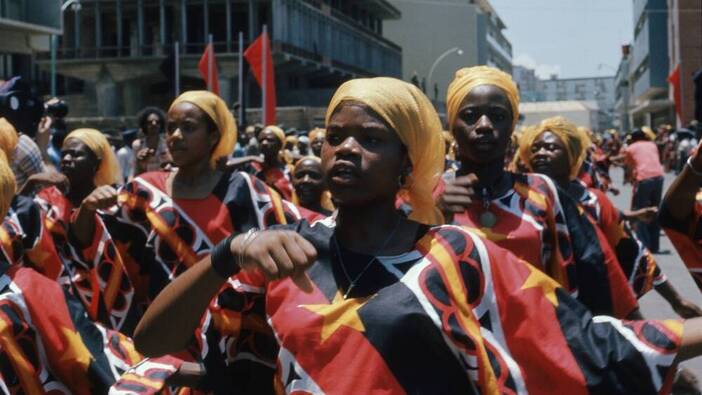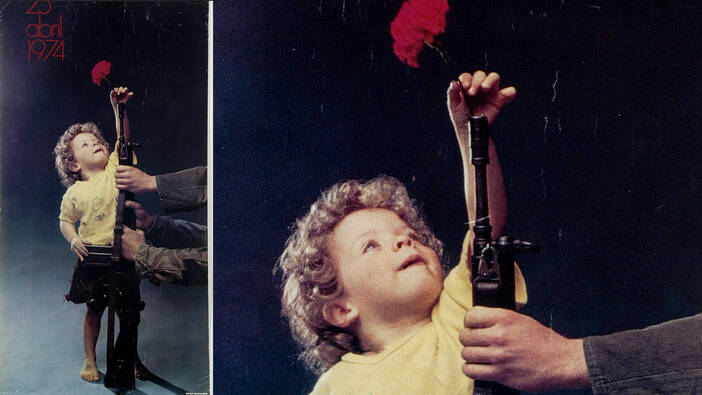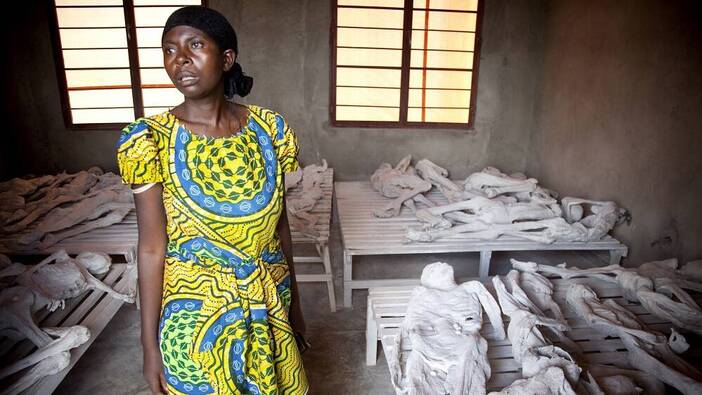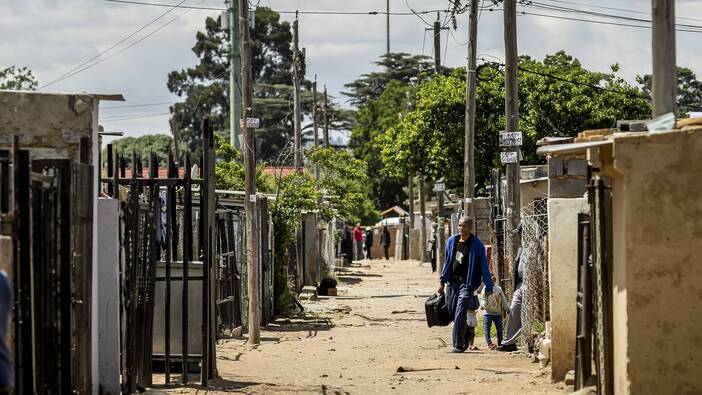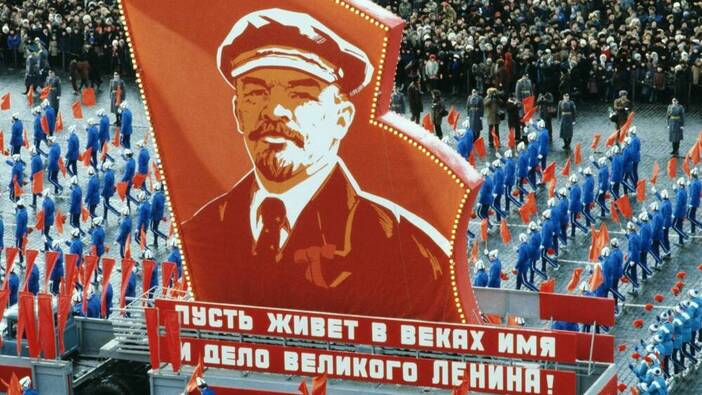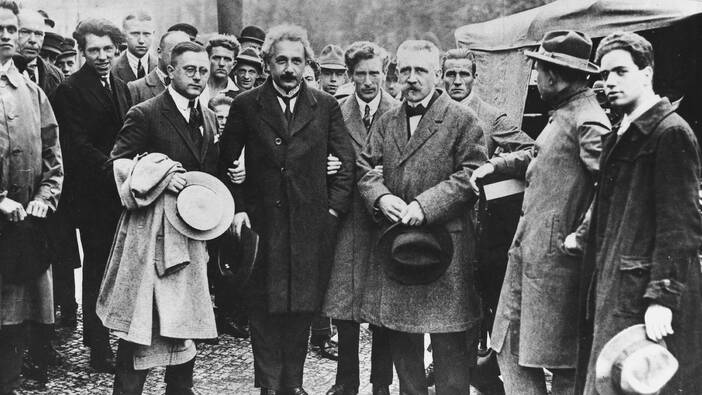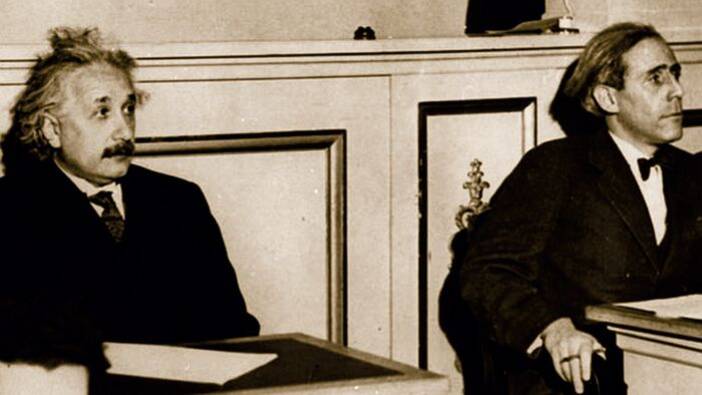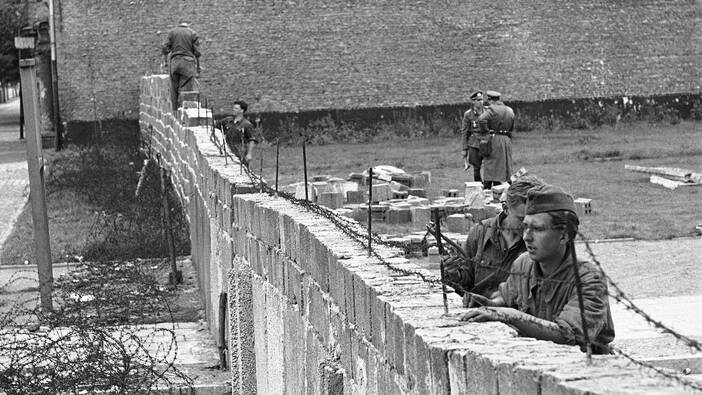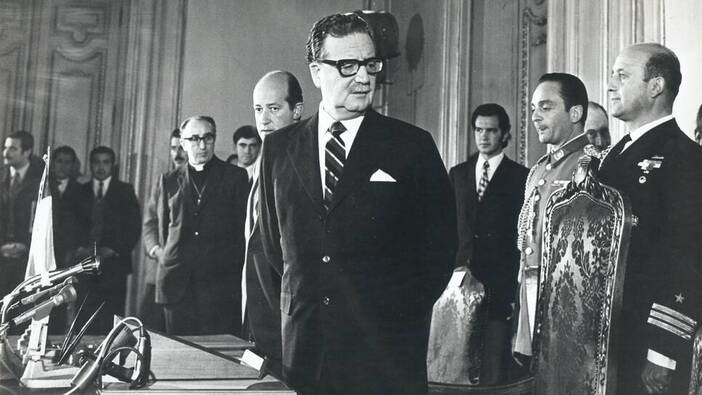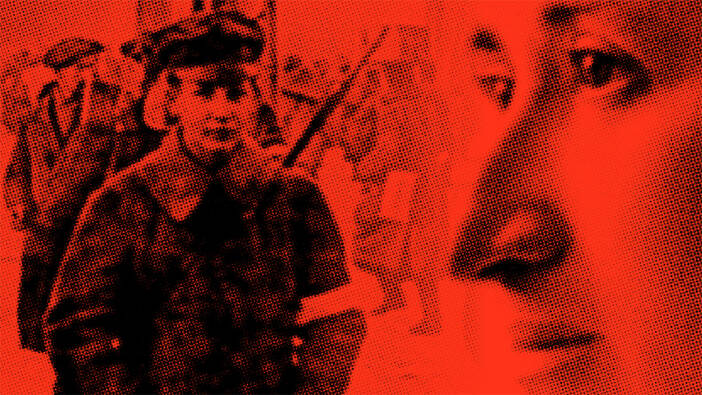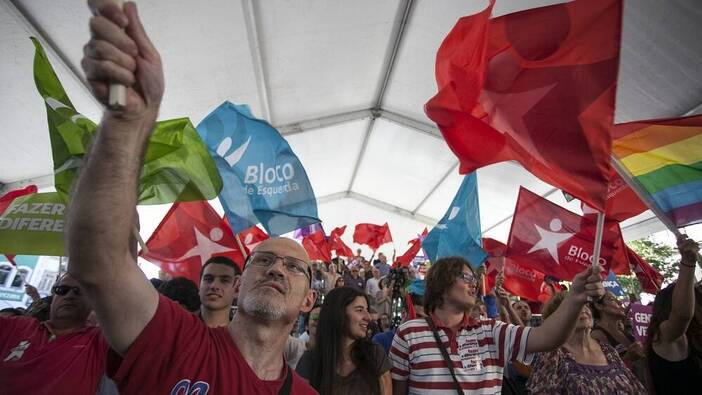History
The Stiftung covers a broad range of historical topics, such as the history of Communism and Stalinism, labour movement history, East Germany, anti-fascism and National Socialism. These are complemented by a deeper look at the history of the New Left before and after 1968 and the history of the new social movements.
20th-century socialism ossified into a bureaucratic state regime. Yet since its inception, its anti-authoritarian impulse carried within it promises of social emancipation gesturing towards a utopian future. The Historical Centre grapples with these contradictory pasts. From the history of the broader left and its politics, the Historical Centre poses critical questions about the present while looking towards the future. Its main concentrations include:
- The history of the German and European workers' movement in the 19th and 20th centuries,
- The study and critique of Stalinism, the historical place of the GDR in German-German contemporary history,
- The post-1990 transformation period,
- The history and historiography of the new social movements,
- As well as the critical appreciation of biographies interwoven with social struggles.
With these themes of contemporary history and politics of remembrance, the Historical Centre for Democratic Socialism unites the work of the Rosa Luxemburg research unit and the Library and Archive of Democratic Socialism. It works in collaboration with the volunteer discussion groups on History and History for the Future.
The Historical Centre publishes a monthly newsletter, "MAKING History". You can sign up for your topic of interest at info.rosalux.de.
The Rosa Luxemburg Stiftung is an institution of political education. We organize events and support publications and selected research projects, the findings of which also contribute to public discourse, in line with our thematic concentrations.

